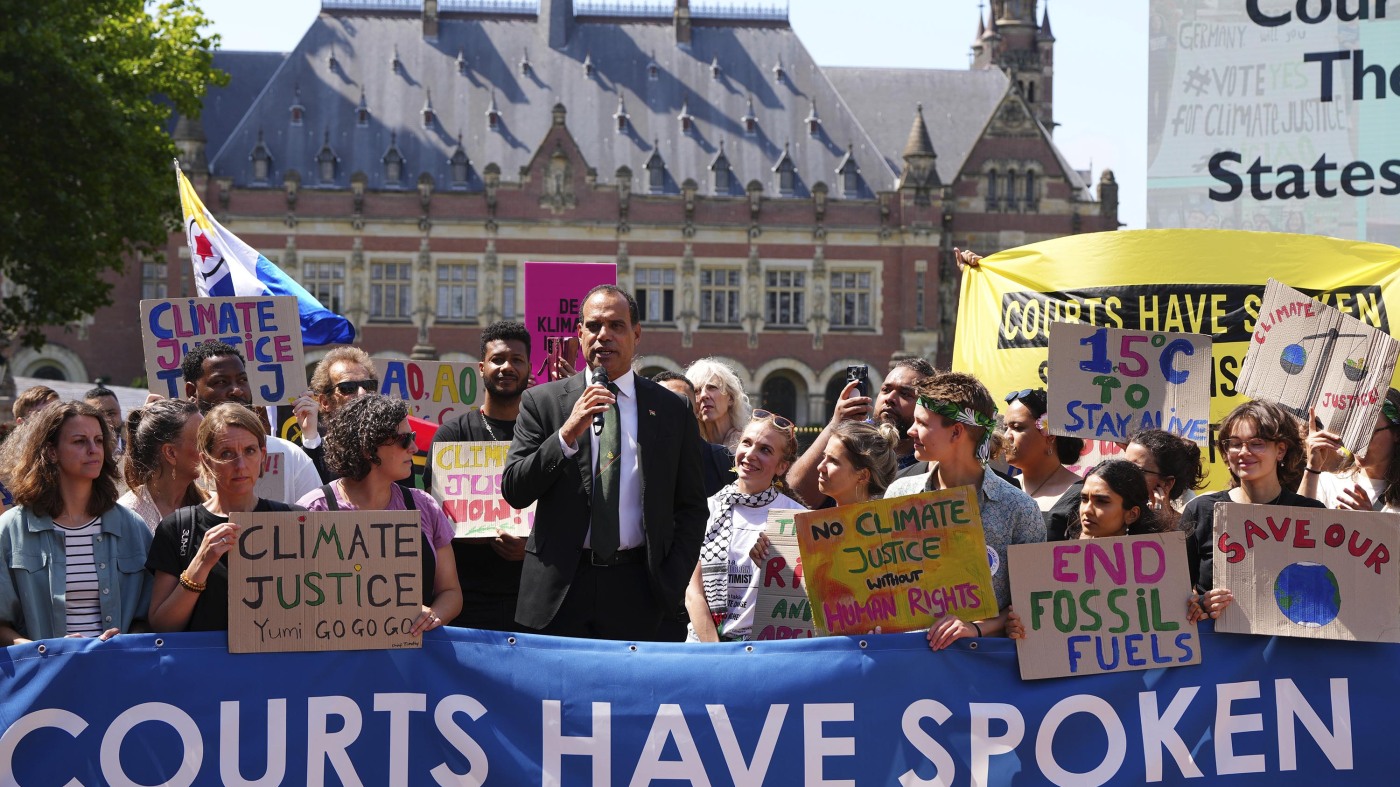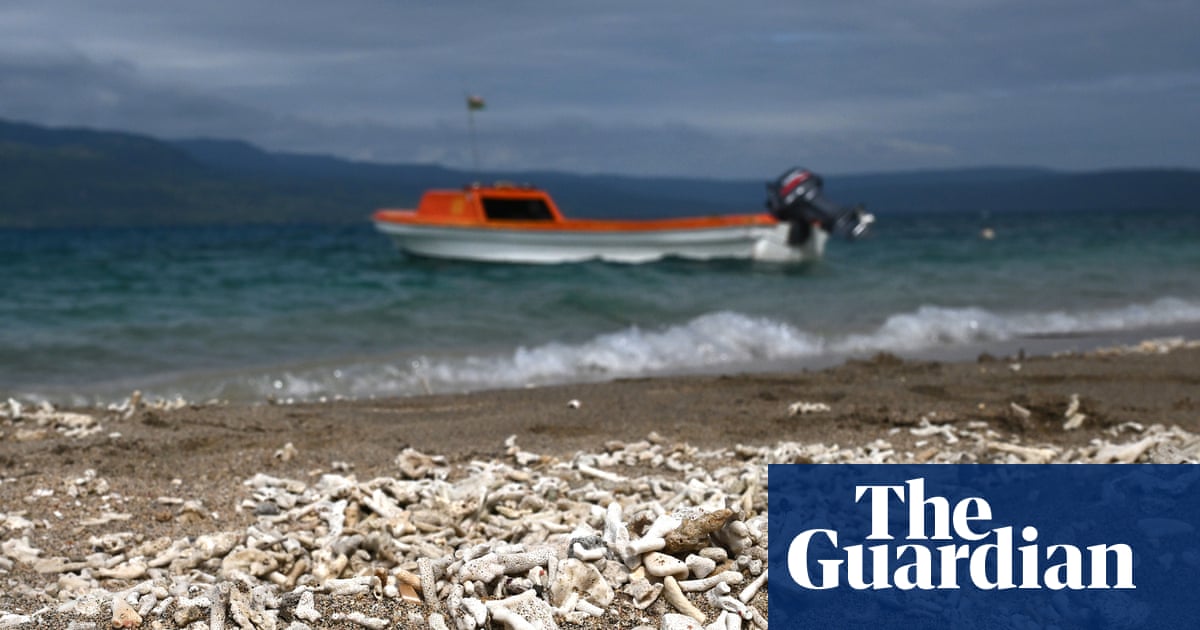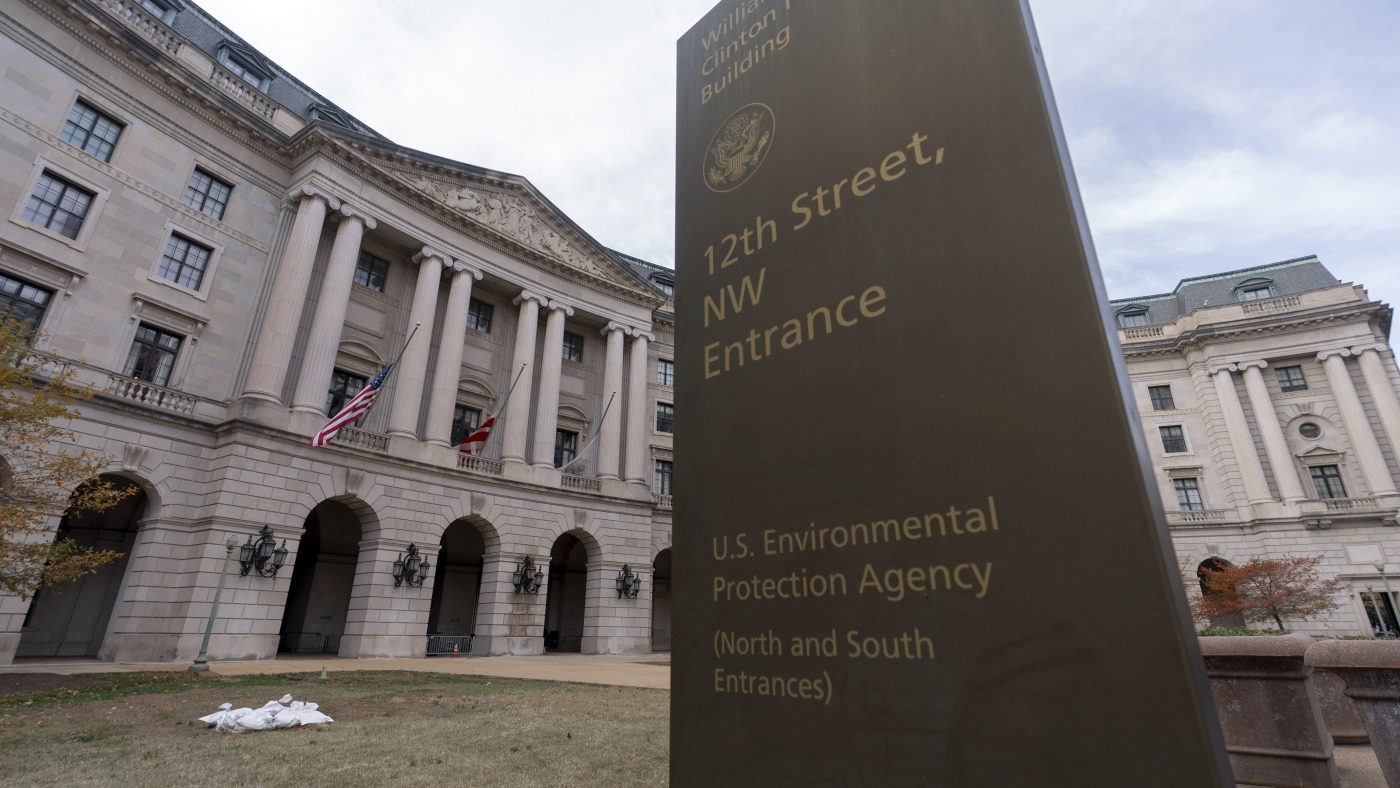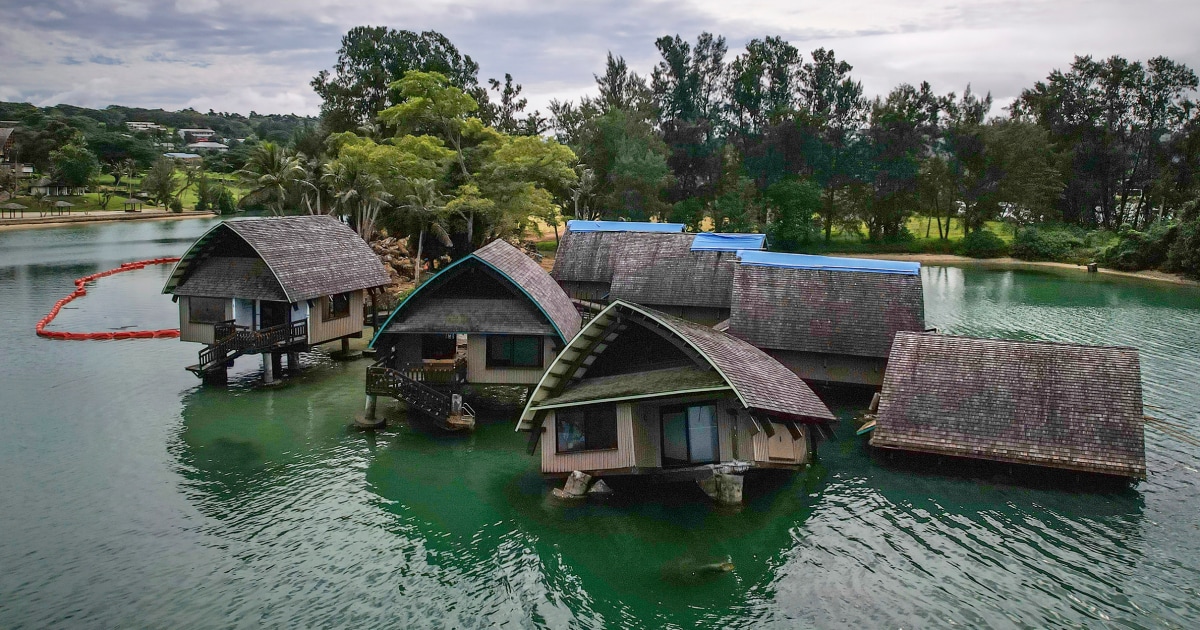T4K3.news
UN court allows legal actions for climate change damages
Countries can now sue each other for climate change impacts following a ruling by the International Court of Justice.

The decision from the world's highest court has been welcomed by developing nations at most risk from climate change.
UN court allows countries to sue over climate change
A significant ruling from the International Court of Justice has opened the door for countries to sue each other over climate change impacts. Announced recently in The Hague, this decision allows nations, particularly those vulnerable to climate risks, to pursue legal action regarding historic emissions of greenhouse gases. Although the ruling is advisory and not binding, it carries potential implications for international climate policy. Countries often feeling the burden of climate change, like those in the Pacific, see this as a long-overdue step toward accountability. Climate change victims can now seek damages for its effects, such as infrastructure destruction, based on evidence linking specific events to changing climate patterns. Nonetheless, developing nations face challenges; many industrialized countries question the practicality of imposing legal obligations. Consequently, the ICJ's opinion could either pave the way for substantive actions or add layers of complexity to geopolitics surrounding climate change responsibilities.
Key Takeaways
"The ruling is a watershed legal moment."
Joie Chowdhury emphasized the historic nature of the ICJ's decision for climate justice.
"This is a huge win for climate vulnerable states."
Barrister Stephanie Robinson underscored the significance of the ruling for countries like Vanuatu.
"This is a victory for every frontline community fighting to be heard."
Flora Vano celebrated the ICJ's recognition of the struggles faced by vulnerable nations.
"Governments are responsible for the climate impact of companies operating in their countries."
The court stated that nations must oversee corporate activities affecting the climate.
The ICJ's ruling marks a turning point in international climate law. By empowering vulnerable nations to hold emitters accountable, the court sets a precedent that could reshape the dynamics of global climate negotiations. This decision might compel richer nations to reevaluate their commitments under existing agreements like the Paris Accord, especially amid rising pressures for climate justice. However, the real challenge will be ensuring compliance and addressing the political realities that may impede implementation. The effectiveness of this ruling hinges on international willingness to adhere to the court's guidance, raising questions about the geopolitical landscape and the genuine commitment to combating climate change globally.
Highlights
- Vulnerable nations finally have a voice in the court of law.
- This is a victory not just for us but for every frontline community fighting.
- The ICJ has recognized our suffering and our right to a future.
- Climate justice is no longer a dream, but a reality.
Geopolitical implications of climate litigation
The decision may lead to tensions between developed and developing nations over climate responsibility, potentially disrupting international relations.
Future international climate negotiations may be influenced by this pivotal ruling.
Enjoyed this? Let your friends know!
Related News

ICJ ruling could empower climate reparations

World court issues landmark ruling on climate responsibility

Nations must act on climate or face legal repercussions

UN court recognizes clean environment as a human right

ICJ rules on climate inaction and international law

Trump administration files to revoke EPA greenhouse gas finding

UK court rules Palestine Action may challenge terrorism ban
